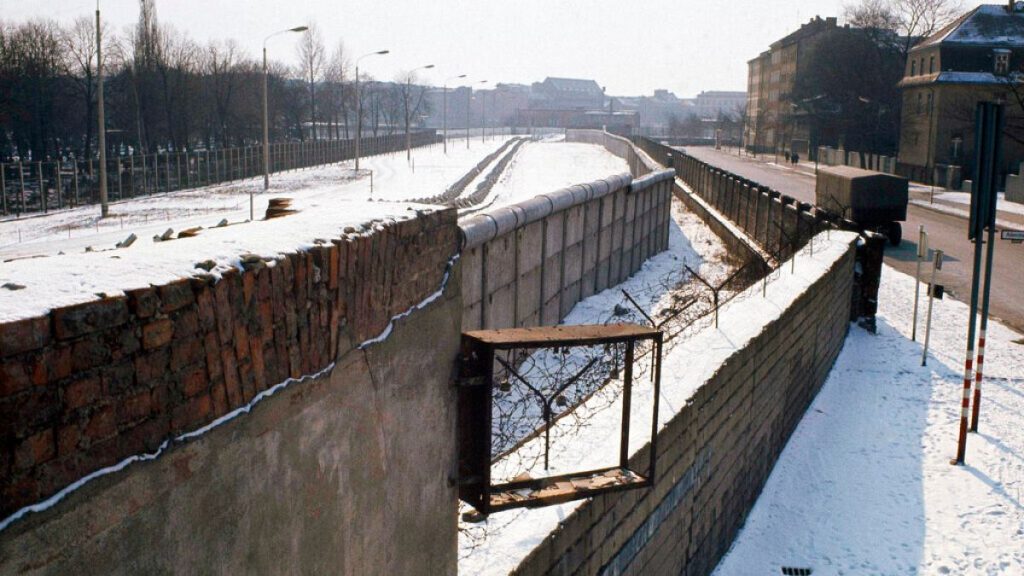The Berlin Wall, which divided East and West Germany for 28 years before its fall in 1989, has left a lasting impact on the German people and the world. The fall of the wall in 1989 brought joy and relief to many Berliners who had been separated from their loved ones for nearly three decades. However, for some, like Russian President Vladimir Putin, the breakup of the Soviet Union and the fall of the wall were seen as a tragedy. Worsch of the Institute for European Politics notes that for Putin, it is not just about separation, but also about having military and economic power over people. New walls are now being built less than a thousand kilometers east of Berlin, as Poland fortifies its border with Belarus to stop illegal migrants, causing a humanitarian crisis for those stuck at the border.
As Berlin prepares to celebrate the fall of the wall 35 years ago with the slogan “uphold freedom,” the link between the Berlin Wall and modern border fortifications in Europe is clear. Several European countries have imposed temporary border checks to address concerns over immigration, with critics arguing that it undermines freedom of movement within the European Union. The recent migration crisis has led to calls for the establishment of “return hubs,” third-country centers where migrants would be processed. Worsch notes that in times of crisis, people tend to feel vulnerable and threatened, leading them to close themselves off from the world and focus on their own interests.
The Berlin Wall, erected in 1961, served as a physical representation of the division between the socialist German Democratic Republic (GDR) and capitalist West Germany. The wall was a reminder of the larger ideological and political divide between the Soviet Union and its satellite states and the West during the Cold War. At least 140 people died at the wall under circumstances related to the GDR, highlighting the dangers of attempting to cross from East to West Germany. The fall of the wall in 1989 signaled the beginning of German reunification and contributed to the downfall of communism in central and eastern Europe. Fragments of the wall still stand today, attracting visitors from around the world to witness this piece of history.
The fall of the Berlin Wall was a pivotal moment in history that brought an end to the physical division of Germany and symbolized the end of the Cold War era. While many celebrated the reunification of Germany and the freedom it brought, others like Russian President Putin viewed it as a tragedy. The effects of the wall are still felt today, as countries in Europe fortify their borders to address concerns over immigration. The humanitarian crisis unfolding at the Polish-Belarus border serves as a stark reminder of the ongoing challenges faced by migrants and refugees seeking safety and security. As Europe grapples with these issues, the lessons of the Berlin Wall and the importance of upholding freedom and unity continue to resonate.
In conclusion, the fall of the Berlin Wall marked a significant moment in history that led to the reunification of Germany and the collapse of communism in central and eastern Europe. The legacy of the wall serves as a reminder of the dangers of division and the importance of freedom and unity. As Europe faces new challenges around immigration and border security, it is important to reflect on the lessons of the past and strive to uphold the values of freedom and human rights. The fall of the Berlin Wall was a triumph for the people of Germany and the world, but it also serves as a reminder of the ongoing struggle for peace and unity in a rapidly changing world.













